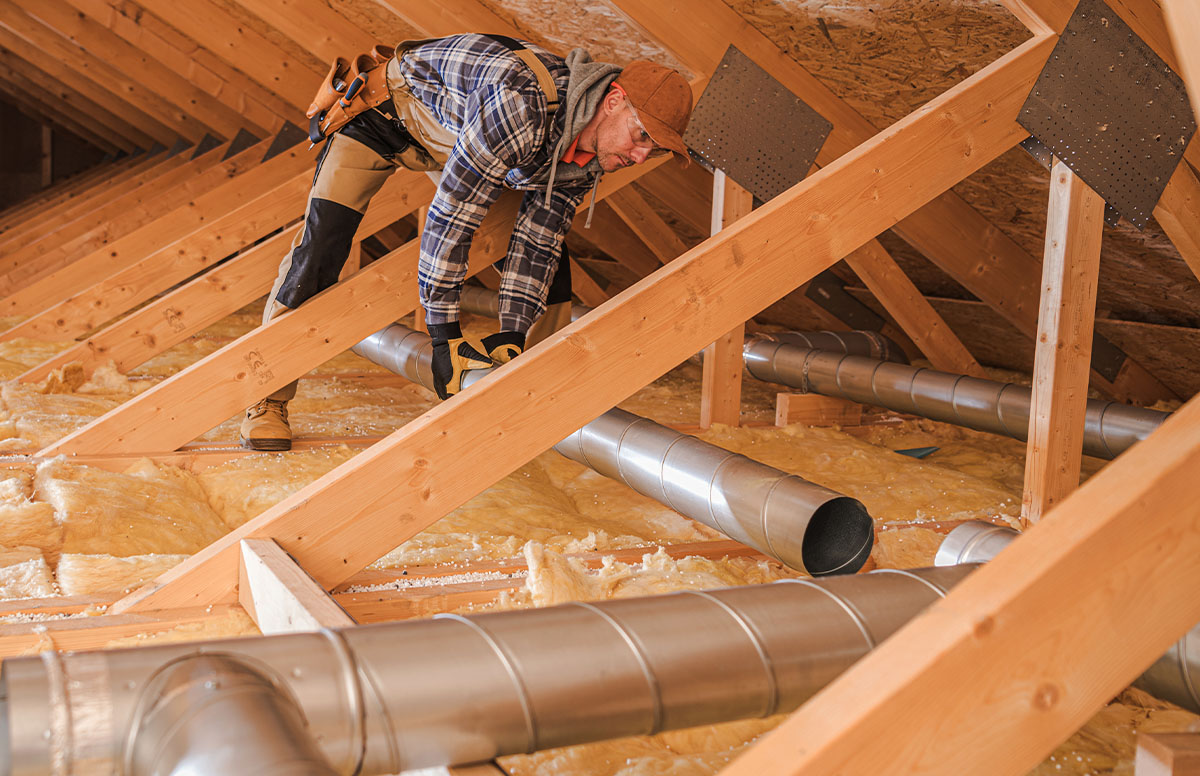The House Financial Services Committee’s Housing and Insurance Subcommittee on July 16 hosted a hearing on proposed reforms to HUD’s HOME Investment Partnership Program.
Created in 1990, the HOME program, which LeadingAge supports, provides block grant funding to states and municipalities to build and rehabilitate affordable housing. LeadingAge members use the HOME program to fill gaps in financing for new construction and major rehab of affordable senior housing properties, particularly those financed through the recently-expanded Low Income Housing Tax Credit (LIHTC).
Subcommittee Chairman Mike Flood (R-NE-1) opened the hearing by calling for a “remodel” of the program itself to address rising housing costs by addressing housing supply. The legislation under consideration at the hearing was Congressman Flood’s “Home Reform Act of 2025,” which aims to ease regulatory burdens on HOME-funded projects and make other reforms based in part on public input. The proposed reforms are based on four types of pain points identified by Congressman Floor and his democratic counterpart on the Subcommittee, Ranking Member Emanual Cleaver (D-MO-5):
- Environmental Reviews (NEPA)
- Domestic Procurement Requirements (Build/Buy America)
- Labor Standards (Davis Bacon)
- Hiring Requirements (Section 3)
During the hearing, lawmakers questioned several witnesses with HOME program expertise, including LeadingAge member Mercy Housing California:
- Alison George, Director of the Colorado Division of Housing, Department of Local Affairs, representing the Council of State Community Development Agencies (COSCDA) as Board President.
- Ellen Woodward Potts, Executive Director, Habitat for Humanity of Tuscaloosa, on behalf of Habitat for Humanity International.
- Eric Oberdorfer, Director of Policy and Legislative Affairs, National Association of Housing and Redevelopment Officials (NAHRO).
- Tiffany Bohee, President of Mercy Housing California.
Both majority and minority witnesses were in agreement with each other during the hearing about the detriments of certain requirements that hinder faster and more cost-effective progress on housing supply. Witnesses also specifically called out the impacts of administrative complexities on rural and climate-vulnerable areas, citing the impacts of extreme heat on older adults when a property delayed upgrading the HVAC system due to lengthy environmental reviews.
Specifically, the witnesses agreed that new requirements called “Build America, Buy America” (BABA) should be removed or lightened for affordable housing, but some democratic lawmakers spoke up sternly about the importance of domestic procurement requirements and environmental reviews. LeadingAge previously requested that HUD streamline requirements related to domestic procurement, environmental reviews, and labor standards while still upholding the spirit of those requirements.
Overall, the hearing had a constructive and bipartisan tone that elevated the practicality needed to develop housing faster. Despite the popularity of the program, House appropriators recently proposed to zero out the program for HUD’s fiscal year 2026 budget. The Senate has rejected that proposal, setting up a showdown ahead of the new fiscal year beginning in October.

 Shutdown Week Three: Impact of Ongoing Closure on Affordable Housing
Shutdown Week Three: Impact of Ongoing Closure on Affordable Housing Colleagues on the Move, February 18, 2026
Colleagues on the Move, February 18, 2026


